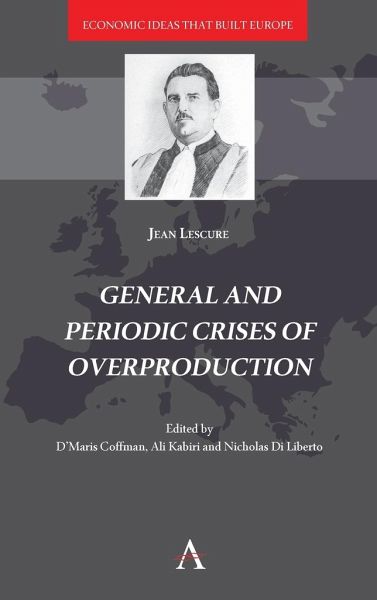
General and Periodic Crises of Overproduction

PAYBACK Punkte
103 °P sammeln!
Jean Lescureâ s General and Periodic Crises of Overproduction is a pioneering study of the causes and consequences of industrial crises in capitalist economies in the nineteenth and early twentieth centuries. It was updated periodically through five editions and now appears in English for the first time.














